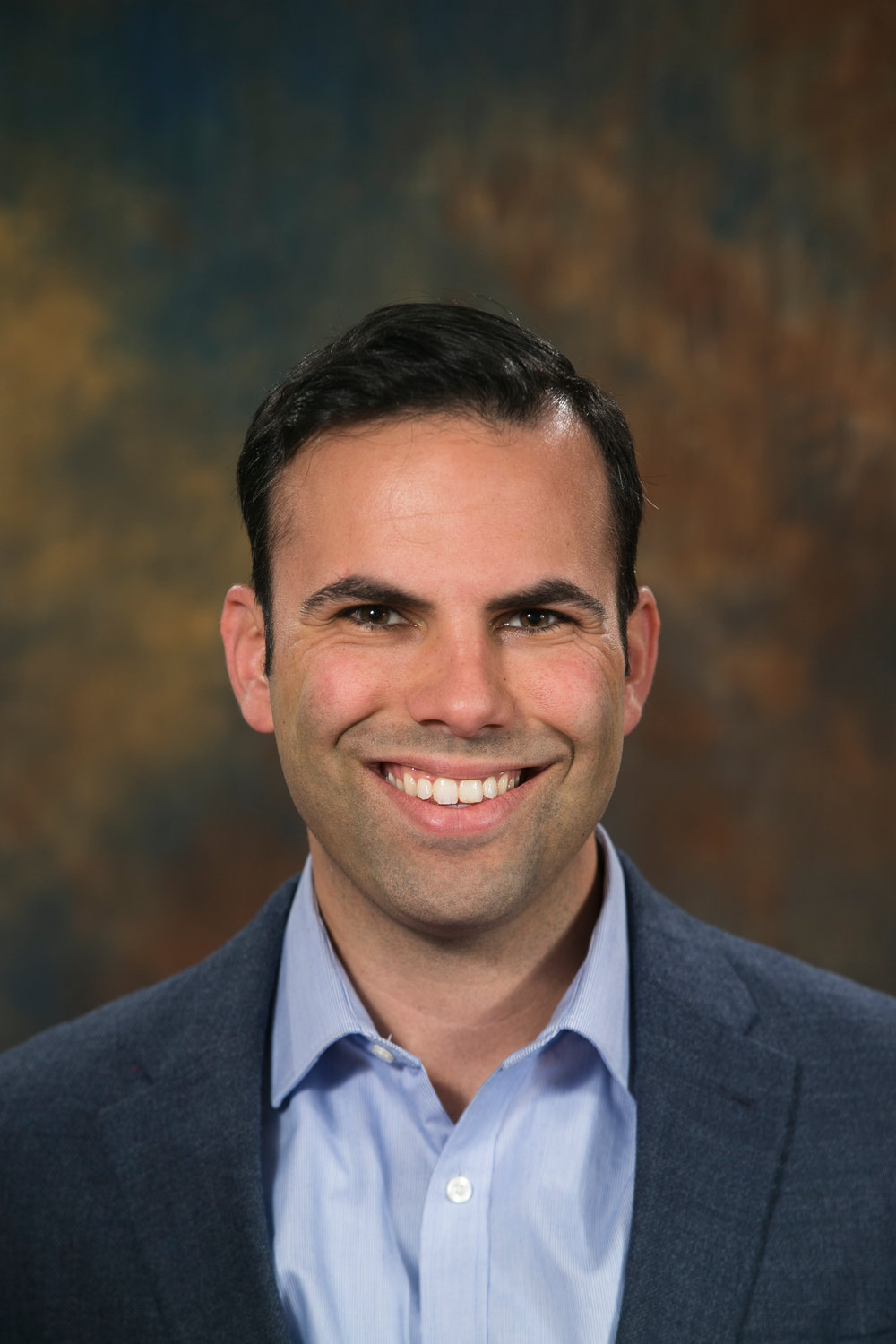Mental health science blended with the Torah
Rabbi Dr. Saul Haimoff, a licensed clinical psychologist, collaborated with Dr. David Rosmarin on a new book “Handbook of Torah and Mental Health” that aims to meld the Torah’s collected wisdom with science to help people navigate the challenges they face.
Haimoff, a Lawrence native who is the head rabbi of The Brandeis School, also in Lawrence, and the associate rabbi at the Jewish Center of Atlantic Beach, trained under Rosmarin, who is director of the Center for Anxiety in Brooklyn.
The book includes more than 50 Torah sources ranging from the canonical collection of Hebrew scriptures, the Kabbalah (Jewish mysticism), teachings from rabbis and sages, and Torah commentary. Each is associated with topics such as anxiety, cognitive behavioral therapy, depression, parenting, psychotherapy, spirituality and well-being.
“There are a great amount of mental health professionals serving the Jewish community, but nothing integrates culturally informed therapy,” said Haimoff, who specializes in treating children and adolescents with behavioral and anxiety disorders. “This is the first collected anthology with all the sources dating back 2,000 years that relates to mental health, mental health professionals and those seeking [help].”
Noting the historical connection between Jews and psychology beginning with Sigmund Freud, Haimoff believes it is the Jewish tradition of asking rabbis for advice and being talkers that lead him to connect the Torah with modern scientific psychology, eschewing pop psychology for sophisticated, researched work.
Quoting Lubavitch Rabbi Menachem Mendel (1789 to 1866) in Yiddish — “Tracht gut, vet zein gut” — translation: “Think good, and it will good,” Haimoff connected that 19th century cognitive thinking to Barbara Frederickson’s 21st century study on resilience and emotion after 9/11. In a nutshell, the group that watched uplifting movies thought much more positively and than those shown sad films.
Rosmarin, who has written two books with Harold Koenig, “Handbook of Religion and Mental Health” and “Handbook of Spirituality, Religion, and Mental Health,” said he approaches the subject as an academician and clinician, and nearly all of his previous writing was for professional and scientific audiences.
“This is a book for lay people in the Jewish community who want to learn more about what their heritage has to say about mental health,” he said. “The spiritual and religious traditions of the world contain more wisdom than many appreciate when it comes to emotional well-being and suffering. To these ends it wasn’t entirely surprising to find a synergy between what the Torah has to say about mental health, and what clinical science is teaching us.”
Haimoff said he and Rosmarin sought to balance the science with the Torah teachings, connect universal concepts and write an easily readable book. “We keep it brief on certain Jewish topics and mental health,” he said. “Each entry is a paragraph long, one or two sentences. It is very accessible. And if you read to learn more there are citations and footnotes.”
The authors believe that the book’s motto: “ancient wisdom meets modern science” is illustrated strongly by bridging Maimonides with empirical studies. “My hope is that readers will come to a better understanding about mental health issues and also a better appreciation that Jewish heritage has a lot to teach us,” Rosmarin said.
Dr. David Pelcovitz is a renowned practitioner and psychology professor at Yeshiva University. For the book’s blurb he said: “I strongly recommend this book to anybody seeking a better understanding of how to address life’s inevitable challenges guided by Torah’s powerful wisdom integrated with the practical approaches of psychology.”
Mosaica Press published “Handbook of Torah and Mental Health.” It is available online and at Judaic book stores.

 47.0°,
Overcast
47.0°,
Overcast 




